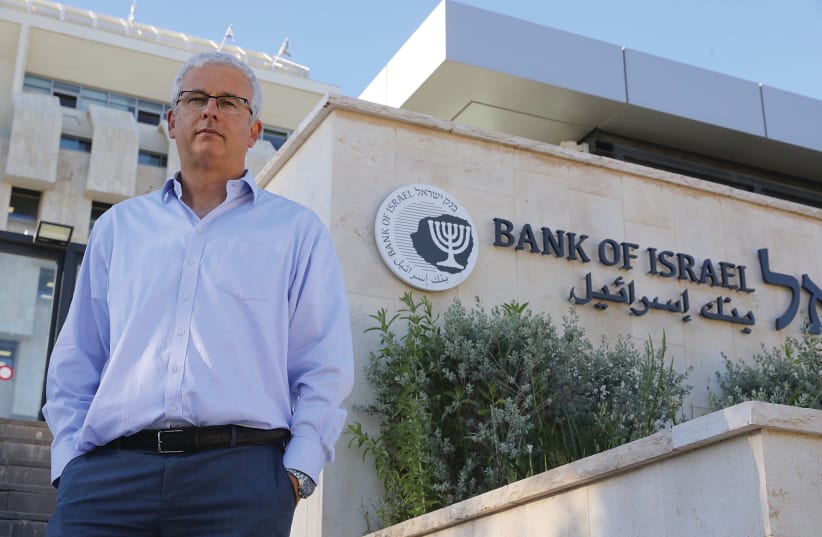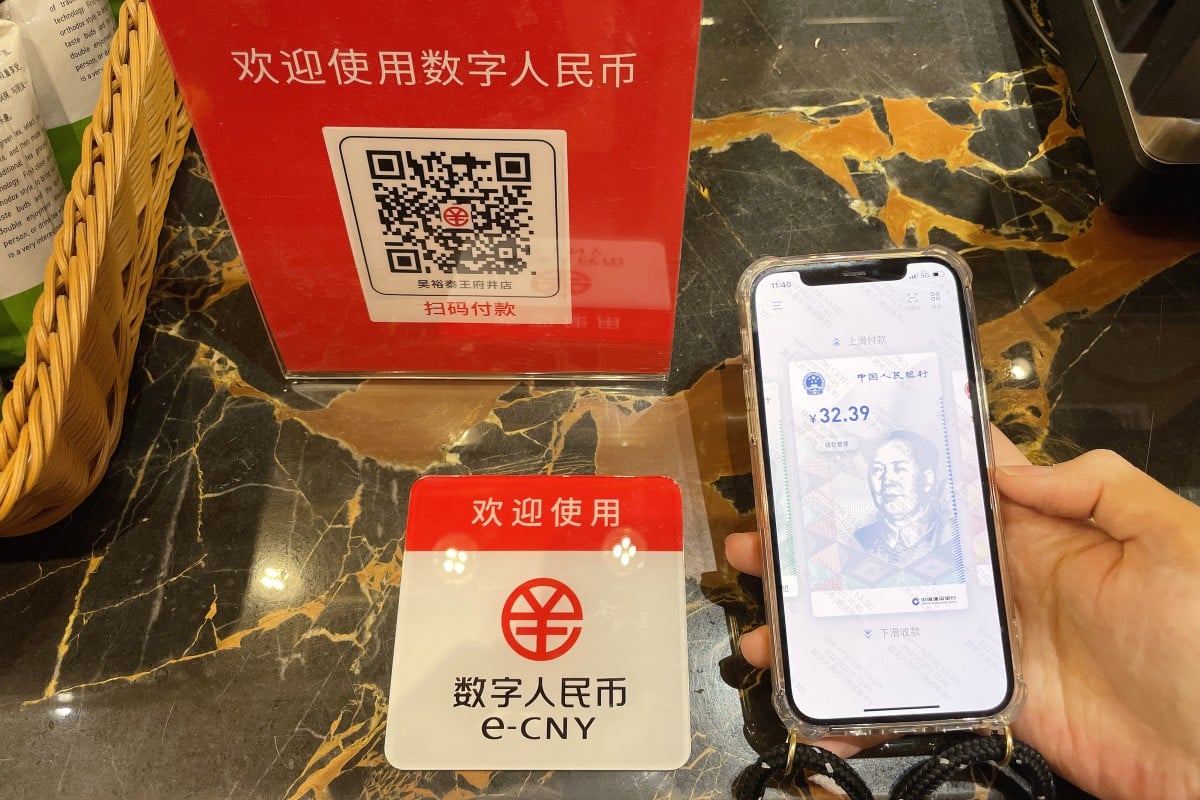In a groundbreaking address, Bank of Israel’s Deputy Governor, Andrew Abir, unveiled a bold vision for the nation’s financial future. Amidst the growing global discourse on central bank digital currencies (CBDCs), Abir’s perspective offered a fresh perspective, one that challenged conventional apprehensions and heralded a new era of competition in the Israeli banking landscape.
At the heart of Abir’s discourse lies the notion of leveraging technology to enhance competition, a notion that has long been the focal point of efforts to revitalize Israel’s banking sector. With the backdrop of persistent concerns regarding the impact of CBDCs on commercial banks, Abir’s stance is nothing short of revolutionary. Rather than viewing the digital shekel as a threat, he sees it as a trusty catalyst, a potent force that could propel technological innovation and foster a more competitive financial ecosystem.
For years, Israel has grappled with the need to bolster competition within its banking sector. While strides have been made, Abir acknowledges that there is still a considerable distance to traverse. As interest rates climbed to combat inflation, the response from commercial banks, particularly concerning deposit rates, has been tepid at best. This sluggish reaction underscores the urgent imperative for greater competition, a sentiment echoed by Abir himself:
“In many countries around the world, including Israel, commercial banks do not win public popularity contests… Some of the anger directed at the banking system is the result of the need to increase the level of competition in some of the segments.”
The advent of the digital shekel represents a watershed moment in Israel’s financial narrative. Designed with features such as the option to accrue interest, Abir envisions widespread public acceptance and support for this novel digital currency. Unlike its enigmatic predecessors, the digital shekel bears the imprimatur of transparency, emanating from the trusted corridors of the Bank of Israel. In Abir’s words, it will be “the same Bank of Israel that stands behind the cash we all know and trust.”
However, the ramifications of the digital shekel extend far beyond mere convenience. Abir articulates a compelling case for its adoption, highlighting its potential to invigorate the central bank’s role and arrest the decline in central bank money usage precipitated by private sector innovations. By affording individuals the option to hold digital shekels, Abir postulates that banks will be incentivized to offer more competitive interest rates, thereby injecting a new dynamic into the interest rate transmission mechanism.
The implications of Abir’s vision are profound and far-reaching. In a landscape characterized by rapid technological evolution, the digital shekel emerges not as a disruptive force, but as a transformative enabler. It has the power to galvanize competition, empower consumers, and fortify the foundations of Israel’s financial system.
As the world watches with bated breath, Andrew Abir’s words reverberate, heralding a paradigm shift in Israel’s financial trajectory. The digital shekel beckons, not merely as a currency, but as a harbinger of change, ushering in an era where innovation and competition converge to shape the future of finance.
Reference:
https://www.boi.org.il/en/communication-and-publications/press-releases/16-4-2024en



